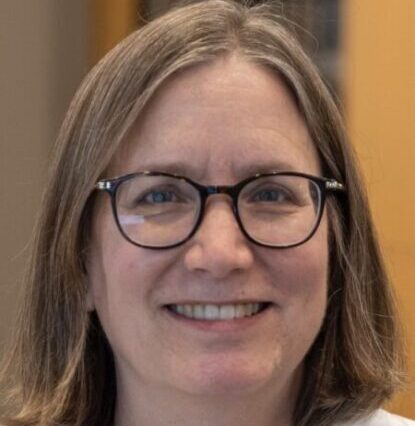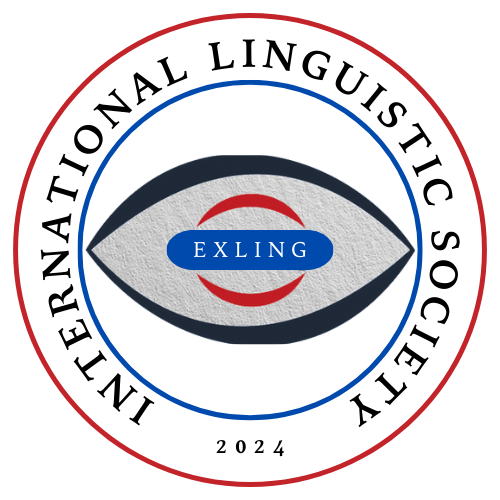
Valerie Shafer
Valerie Shafer
City University of New York
United States
ExLing 2024 Paris keynote
Neurophysiological studies of speech development in children with developmental language disorders
Summary
The aim of this talk is to provide an overview of neurophysiological research on speech and language deficits in populations with developmental language disorders (DLDs). Most children master the phonological and grammatical patterns of their ambient language by five years of age. However, 8-10% of children show significant weaknesses/delays in mastering language, which lead to poor performance in school and risk to their well-being across the lifespan. DLD is also co-morbid with other developmental disorders, such as Autism Spectrum Disorders (ASD) and Auditory Processing Disorder (APD). Over the past 50 years, researchers have debated whether causal factors underlying DLD include poor auditory processing, poor cognitive functions (e.g., attention, memory), and/or poor linguistic processing/representations (e.g., at the level of phonology, semantics or syntax).
Neurophysiological methods show great promise in resolving these debates, but to date, have had limited impact for two reasons. First, many neurophysiological studies have been exploratory in nature and need to be followed-up and replicated with well-powered studies. Second, overall, the number of studies has been small, particularly those focused on the three- to six-year-old age range.
I present data from our laboratory illustrating the power of the electroencephalic (EEG) methods to address questions of causal factors. These EEG data come from studies of children with DLD, and minimally verbal children with ASD, as well as studies of children from bilingual background. We have found differences in neural processing at early cortical levels of stimulus encoding, speech discrimination, and lexical and discourse processing. I finish the talk with suggestions for future research directions using these methods.
Bio
Valerie Shafer earned her Ph.D. at SUNY-Buffalo and, before joining the Graduate Center, was a member of the faculty at Hofstra University. She was named a senior fellow at the Zukunftskolleg at the University of Constance, Germany, where she conducted research in the summer of 2012. Her research focuses on first and second language development with a focus on speech perception and processing. She is interested in developmental language disorders (DLD) and bilingualism and how external factors influence language development in these populations. Shafer uses both behavioral and neurophysiological methods to examine questions of how linguistic information is represented and processed in the brain and how experience with linguistic input modulates representation and processing. She is also interested in how non-linguistic factors, such as attention, influence speech processing at the neural level. She has developed a research/teaching laboratory at the Graduate Center that houses electrophysiological equipment to carry out her research in the neurophysiology of language.


